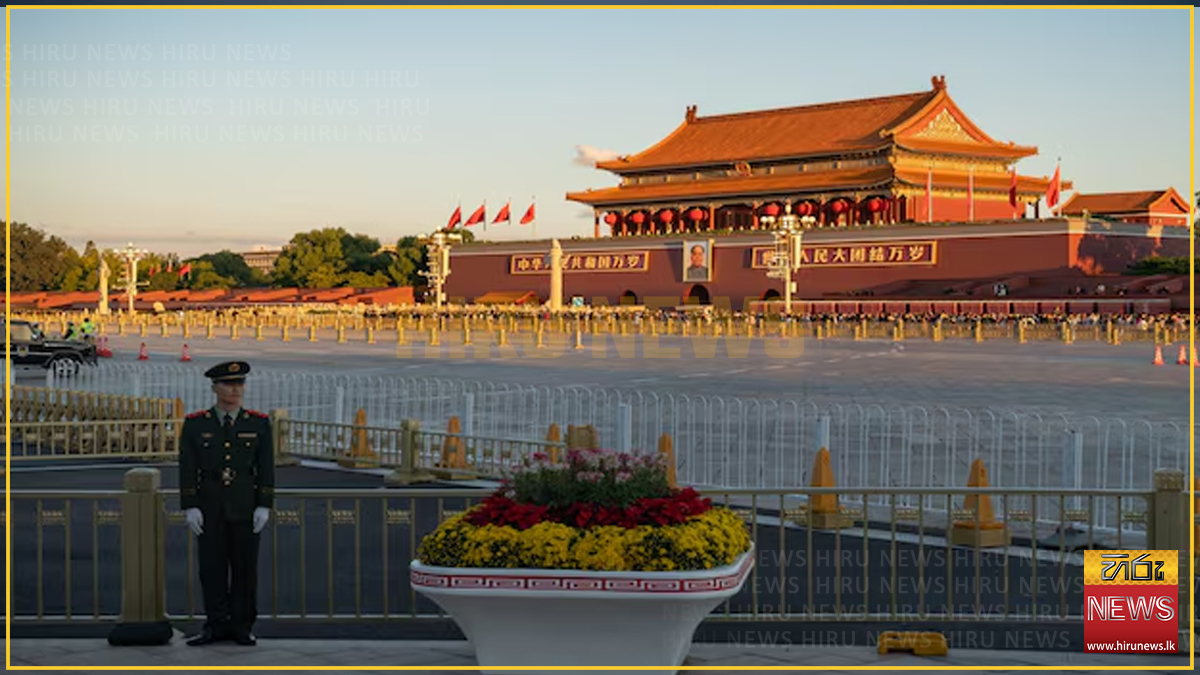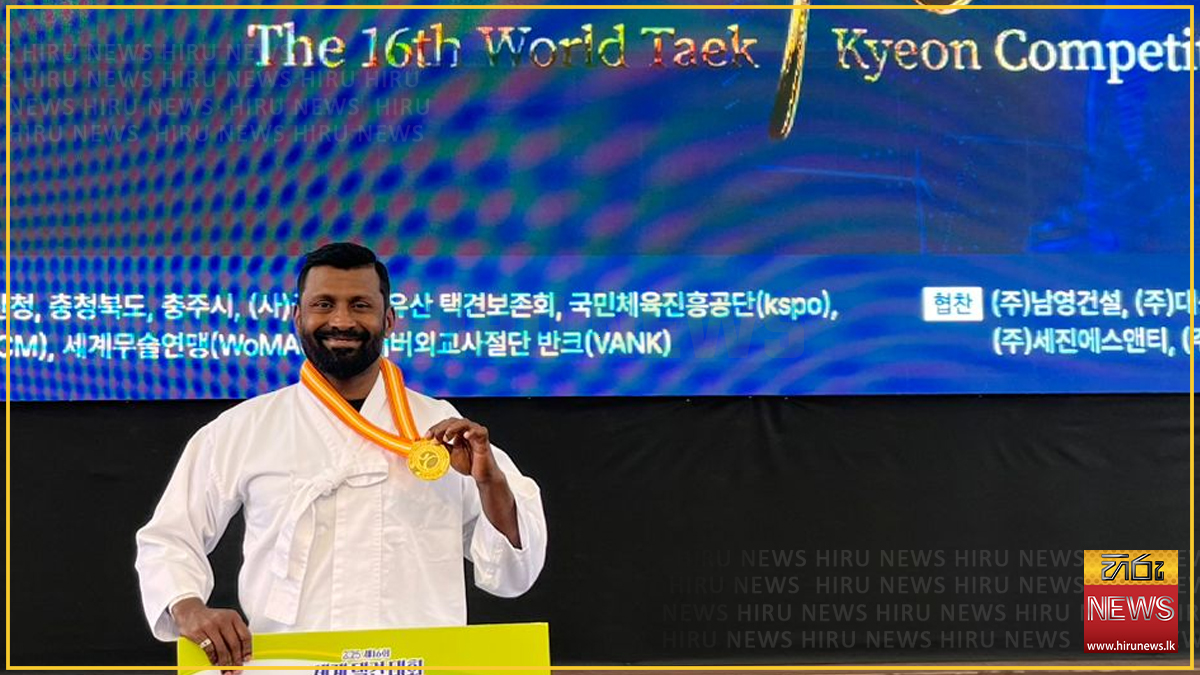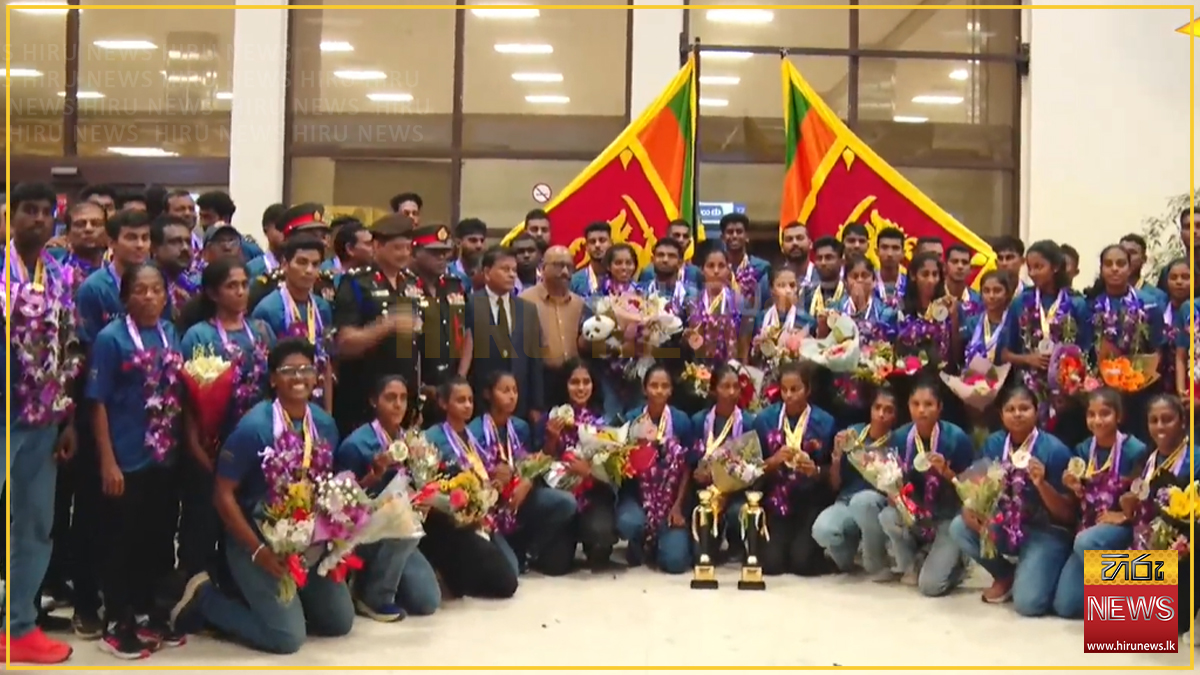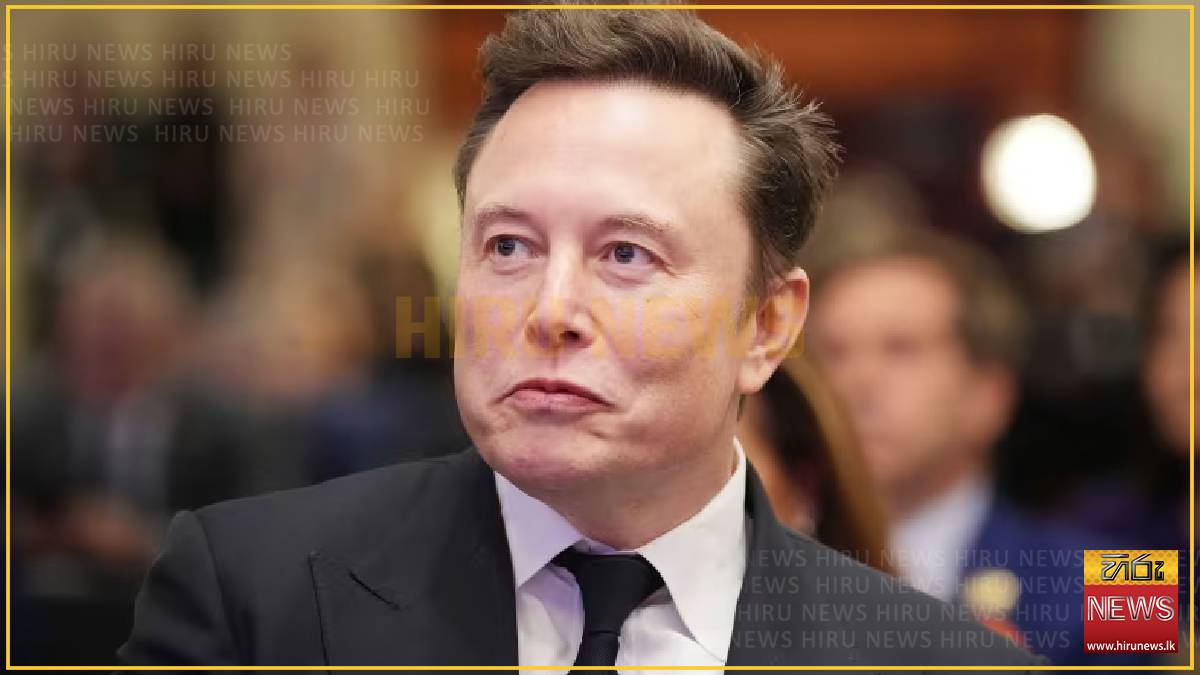Topics affected include medicine, law, education, and finance, and platforms like Douyin (China’s version of TikTok), Weibo, and Bilibili are tasked with verifying credentials before allowing content to be posted.
The Cyberspace Administration of China (CAC) has said the new rule will help curb disinformation on social media and help protect public safety.
How Will The New Rule Work?
Influencers will now be required to provide proof of expertise, such as a degree, certification, or professional license, to share content on regulated topics.
Any breach could result in fines of up to ¥100,000 ($14,000) for the platforms, which may be passed on to the offending users.
New Rules On Advertising
CAC has also implemented new regulations on social media advertising and promotions. Any campaign for medical products, supplements, and health foods is now prohibited unless clearly identified as such, preventing misleading content disguised as educational material.
Influencers must also disclose sources for studies or note when content is AI-generated.
Public Reaction: Support and Skepticism
The announcement has sparked a mix of support and concern among social media users. Supporters argue that the regulations are a necessary step to ensure public safety and accountability online. "It makes social media WAY more believable and safe, instead of rumours spreading," a user wrote on X. "Incredible amount of adulting going on in China,:" said another user.
Others, however, view the law as a tool for censorship. Critics fear it could be used to control public discourse by limiting who can share opinions on sensitive topics.
“By restricting serious discussions to degree-holders, the government can shape public opinion and ensure only ‘qualified’ or state-approved voices are heard,” warned one social media user.
Source - Times Now World












